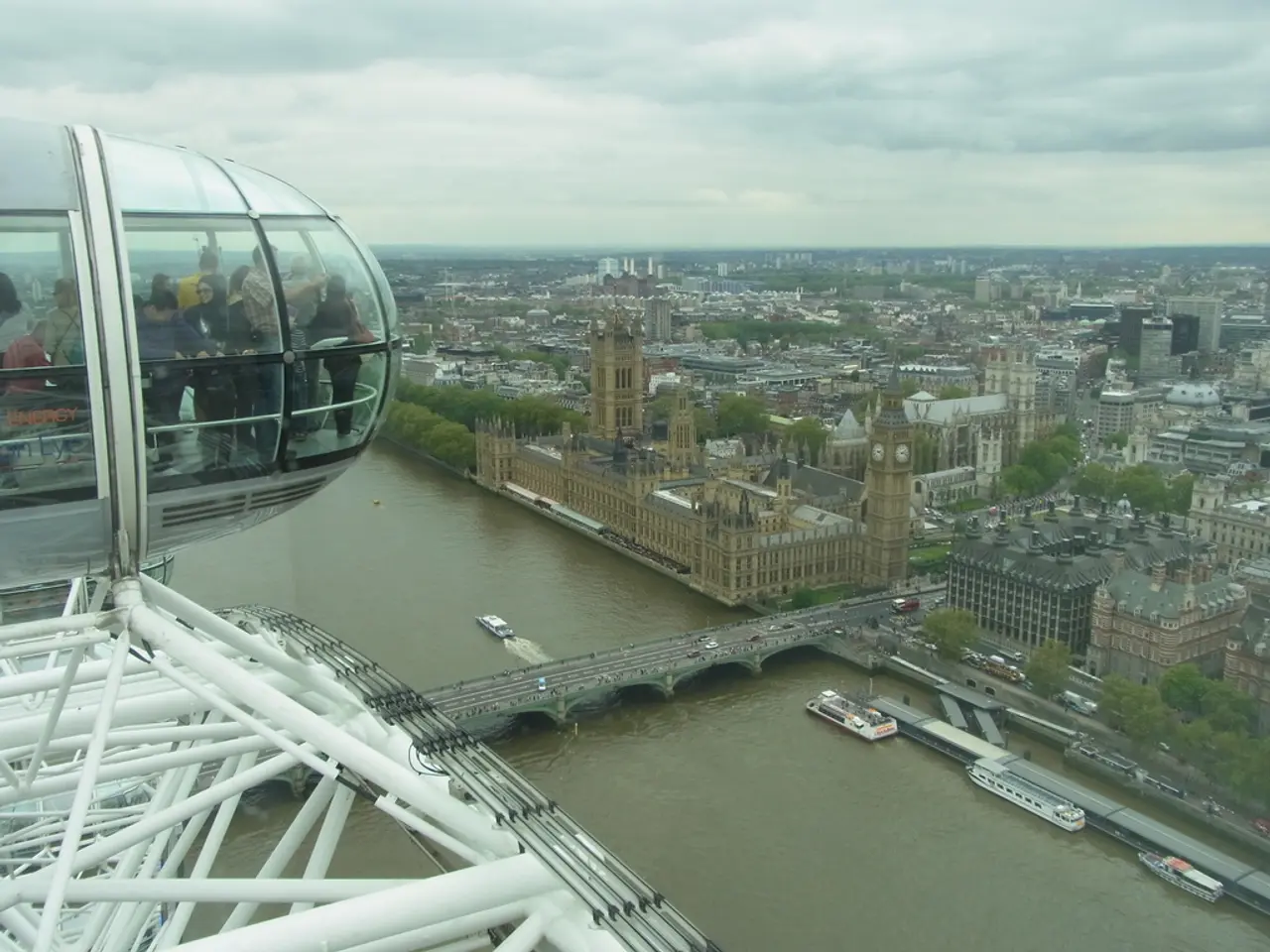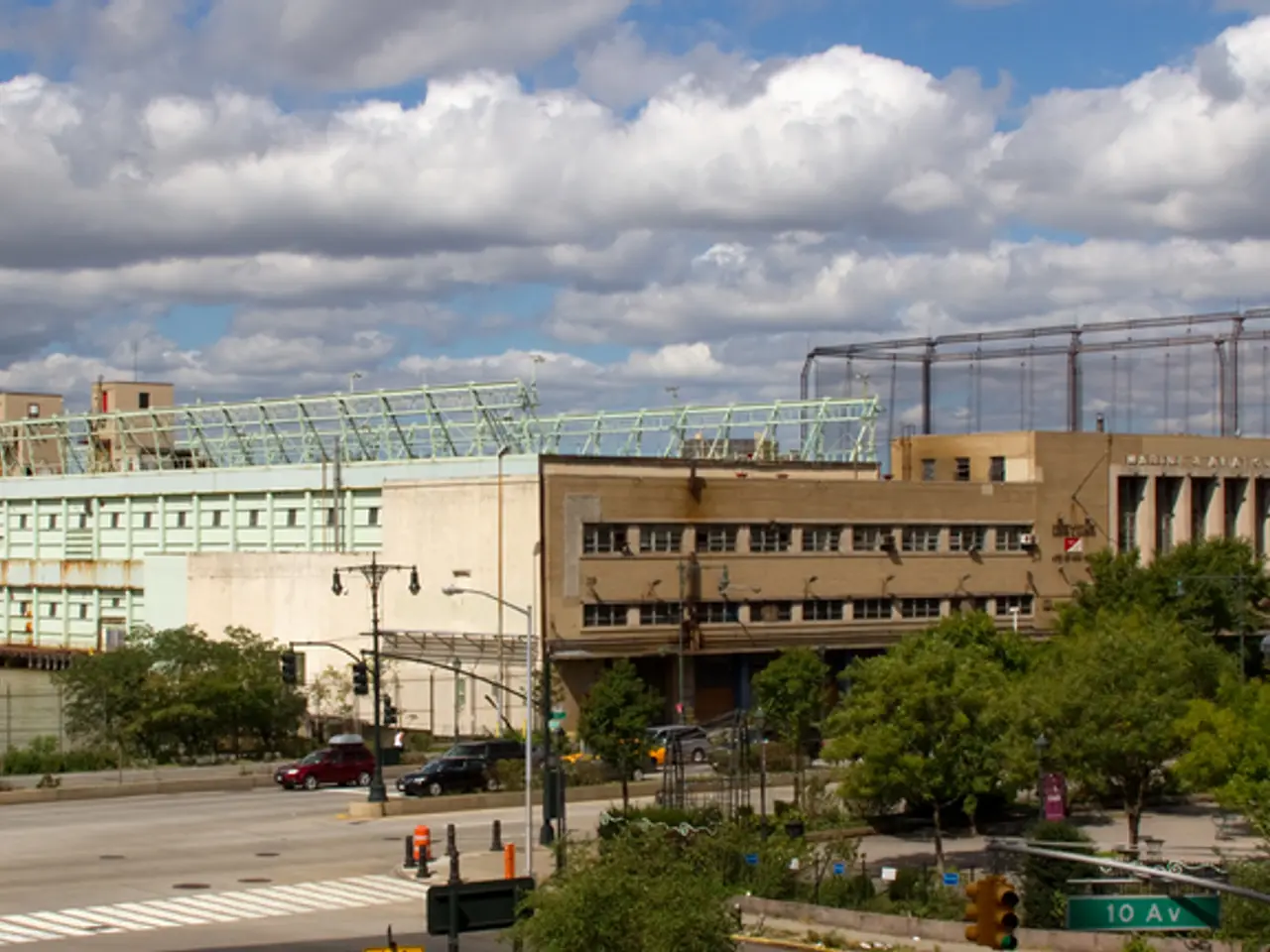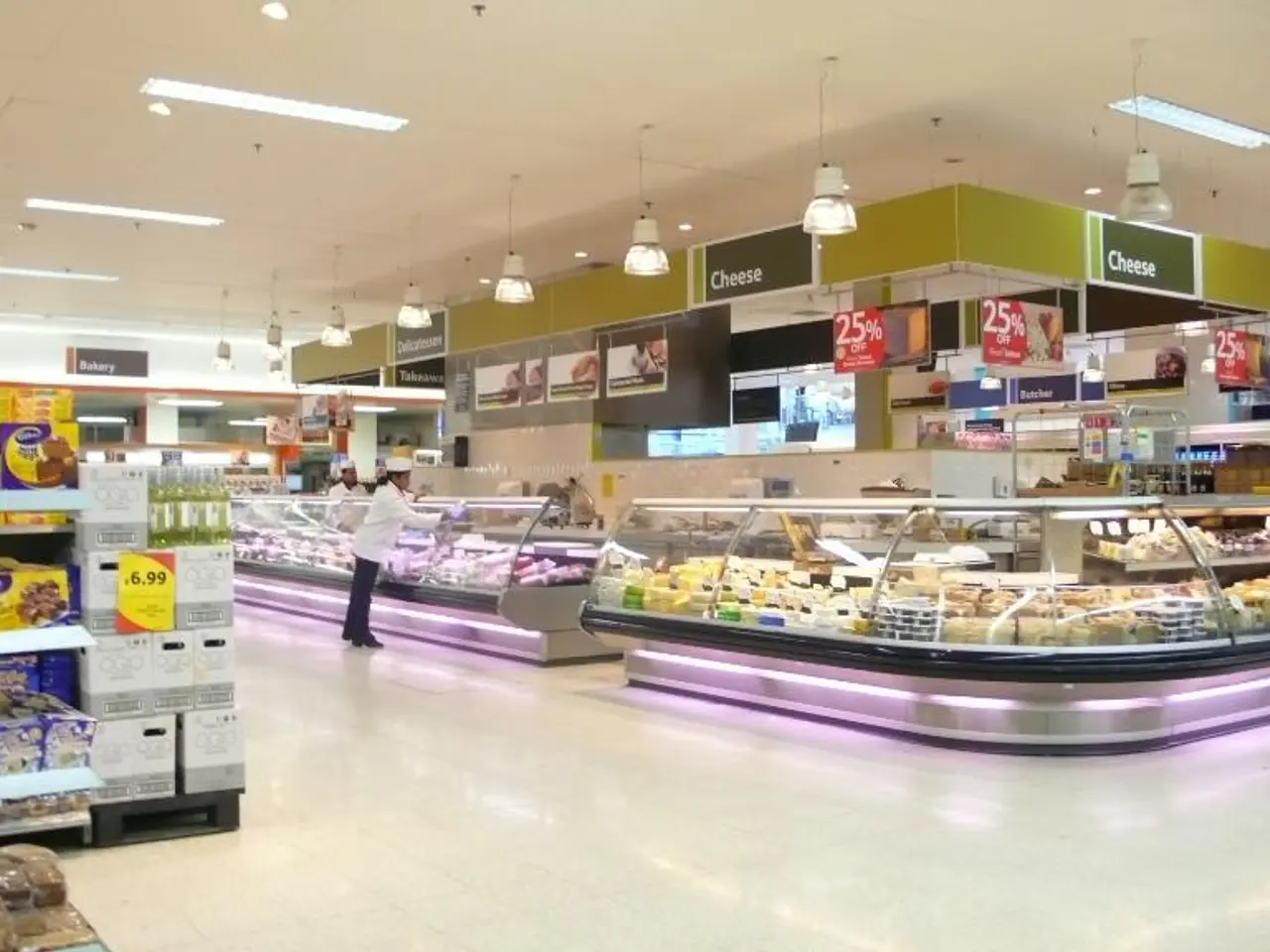Decreasing Investment Strategies and Employment Prospects
The UK's business landscape is currently grappling with a wave of subdued confidence and reduced investment appetite, as reflected by the latest surveys from the Institute of Directors (IoD) and the British Chambers of Commerce (BCC).
**A Significant Drop in Business Confidence**
The IoD's Directors' Economic Confidence Index took a sharp dive in June, plummeting from -35 in May to a concerning -53. This marked decrease signifies a significant decline in optimism among business leaders about the UK economy. Similarly, confidence in their own organisations dropped, with the index falling from +15 in May to a more cautious +3.
The BCC's Quarterly Economic Survey for Q2 2025 paints a similar picture, with business confidence remaining fragile and weak following the employer National Insurance tax rise in April. Only 49% of firms expect their turnover to increase in the next 12 months, a marginal improvement but still low, reflecting persistent uncertainty.
**Reduced Investment Intentions**
The IoD survey revealed that investment intentions fell to -10 in June from neutral (±0) in May, showing businesses' reduced willingness to commit capital under the current economic conditions influenced by tax hikes. The BCC survey supports this, reporting that 24% of firms have cut back on investment in the past three months, while only 21% have increased investment.
**Top Concerns and Pricing**
Taxation emerged as the top concern for 56% of firms in the BCC survey, surpassing inflation at 52%. This highlights the significant burden of recent employer National Insurance and other tax increases on business sentiment. Despite these concerns, the proportion of businesses expecting to raise prices eased to 44%, suggesting some moderation in passing costs to customers.
**The Overall Impact**
Business leaders are facing growing economic challenges due to the tax increases implemented since late 2022, including the recent National Insurance rise and other fiscal changes. These measures are undermining confidence and dampening investment plans, as both the BCC and IoD reports emphasise.
The findings of the IoD and the BCC suggest a downturn in business optimism and potential job losses in the UK economy in 2025. Anna Leach, chief economist at the Institute of Directors, expressed concern that the tax increases have undermined the industrial strategy's goal of making the UK the best country to invest anywhere in the world.
In addition to the employers' national insurance tax hike, introduced by Chancellor Rachel Reeves, other factors contributing to this economic climate include the increase in the national minimum wage at the beginning of April 2025 and the upcoming implementation of a new packaging tax in Autumn 2025.
The economic challenges are due to the effects of Autumn Budget tax measures and global uncertainty, according to Anna Leach. The government's flagship employment rights overhaul is estimated to add £5bn to UK firms' overheads, further exacerbating the situation.
However, the newly launched government strategies may address some issues. Yet, the message is clear: the tax increases have already impacted the industrial strategy's ambition.
In light of the subdued business confidence and reduced investment appetite, many UK businesses are reassessing their financial commitments, leading to a decline in investment intentions, as evidenced by the IoD and BCC surveys. This economic downturn, caused by tax hikes such as the employer National Insurance increase and other fiscal changes, could potentially Result in job losses and challenges for the property market, affecting the overall health of the economy and business sector.




